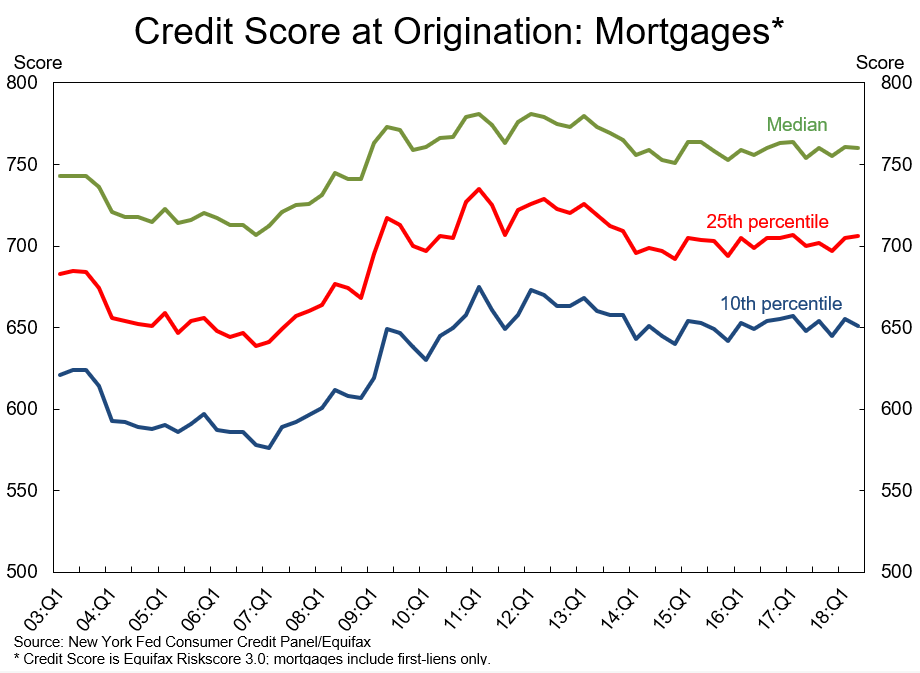This table does not include all business or all available products. Interest does not endorse or recommend any companies. Editorial Policy Disclosure Interest. com abides by rigid editorial policies that keep our writers and editors independent and sincere. We rely on evidence-based editorial guidelines, regularly fact-check our material for precision, and keep our editorial personnel entirely siloed from our marketers. If the rate were to go up 1 basis point, it would increase to 3. 26%. If it were to go up 50 basis points, it would increase to 3. 75%. A 100-basis point increase would result in a 4. 25% rate. If a loan rate is 5% and goes up 20 basis points, that is the equivalent of raising the rate of interest by 0.
2%. If rates of interest are at 4. 75% and drop to 4. website 6%, that is a 15-basis point (0. 15%) decline. Although a basis point appears small, even a modest change can make a big distinction in the total interest you pay over the long term. Here is a chart revealing how total payments on a $200,000 loan modification, based on a 30-year set home mortgage of 3.
75%-- $926. 23 $333,444 $133,444 3. 85% 10 points $937. 62 $337,541 $137,541 3. 95% 20 points $949. 07 $341,668 $141,668 4. 25% 50 points $983. 88 $354,197 $154,197 * Rates are for example only. Your rate will depend on existing home mortgage rates plus your credit report. Do not puzzle discount rate points (frequently simply called points) with basis points.

For example, a point on a $200,000 loan would equate to $2,000. When you pay discount points, you're essentially prepaying some of the interest on a loan. The more points you pay at closing, the lower the rates of interest will be over the life of the loan. This can assist make regular monthly payments more inexpensive and conserve money in interest over the long term.
Portfolio supervisors and investors use basis indicate suggest the percentage modification in interest rates or financial ratios in U.S. Treasury bonds, mutual funds, exchange-traded stocks and real estate-based financial investments. Specialists utilize mathematical terms to explain basis points however even if you're not a monetary expert or banker, you can comprehend them, too.
How Do Banks Make Money On Mortgages Things To Know Before You Get This
One basis point equals 0. 01%, or 0. 0001. One hundred basis points equates to 1%. How does this equate to home loans? Let's state you have an adjustable rate home loan (ARM). Your rate of interest is 3. 50%, then the interest rate modifications to 3. 75% at a later date. This marriott timeshare orlando means your rate of interest rose by 25 basis points.
You'll hear the term "basis points" typically used in connection with home loans (what is today's interest rate for mortgages). One basis point is 1/100 of 1 percent. While certainly not a large percentage amount, basis points can be incredibly crucial in mortgage situations. Due to the fact that of the size of home loan, basis points although small numbers - what does ltv mean in mortgages. When you hear or check out about an increase/decrease of 25 basis points, you ought to understand this indicates one-quarter of 1 percent.
01 percent in interest. what are reverse mortgages and how do they work. Especially essential to large-volume home mortgage loan providers, basis points-- even just a couple of-- can imply the distinction between revenue and loss. Economically speaking, home mortgage basis points are more vital to loan providers than to customers. Nevertheless, this effect on loan providers can likewise impact your home loan interest rate.
25 or 0. 375 percent their offered home loan rate to borrowers potentially you. Basis points are popular with larger investments such as bonds and mortgages due to the fact that. Unless you operate in the world of financing, you might not know the appeal of https://diigo.com/0kjyb7 basis points (what is the current index rate for mortgages). From a home loan point of view, little boosts in basis points can imply bigger modifications in the rate of interest you might pay.
When you compare home mortgage rates and terms, you will eventually encounter basis points. For instance, you speak with a loan officer, telling him/her that you want to lock-- guarantee your rate at closing-- your rate for 60 days. The loan officer then encourages you that the loan provider charges 50 basis indicate lock your rate for that period.

The Single Strategy To Use For Which Of The Following Is Not True About Mortgages
Home loan rates tend to "lag" be a bit behind other market rate of interest. Understanding basis points may help you, to a degree,. If you are almost prepared to make a mortgage application, understanding of basis points might assist you save some money. For instance, you see bond yields and rates increased by 20 basis points on Monday.